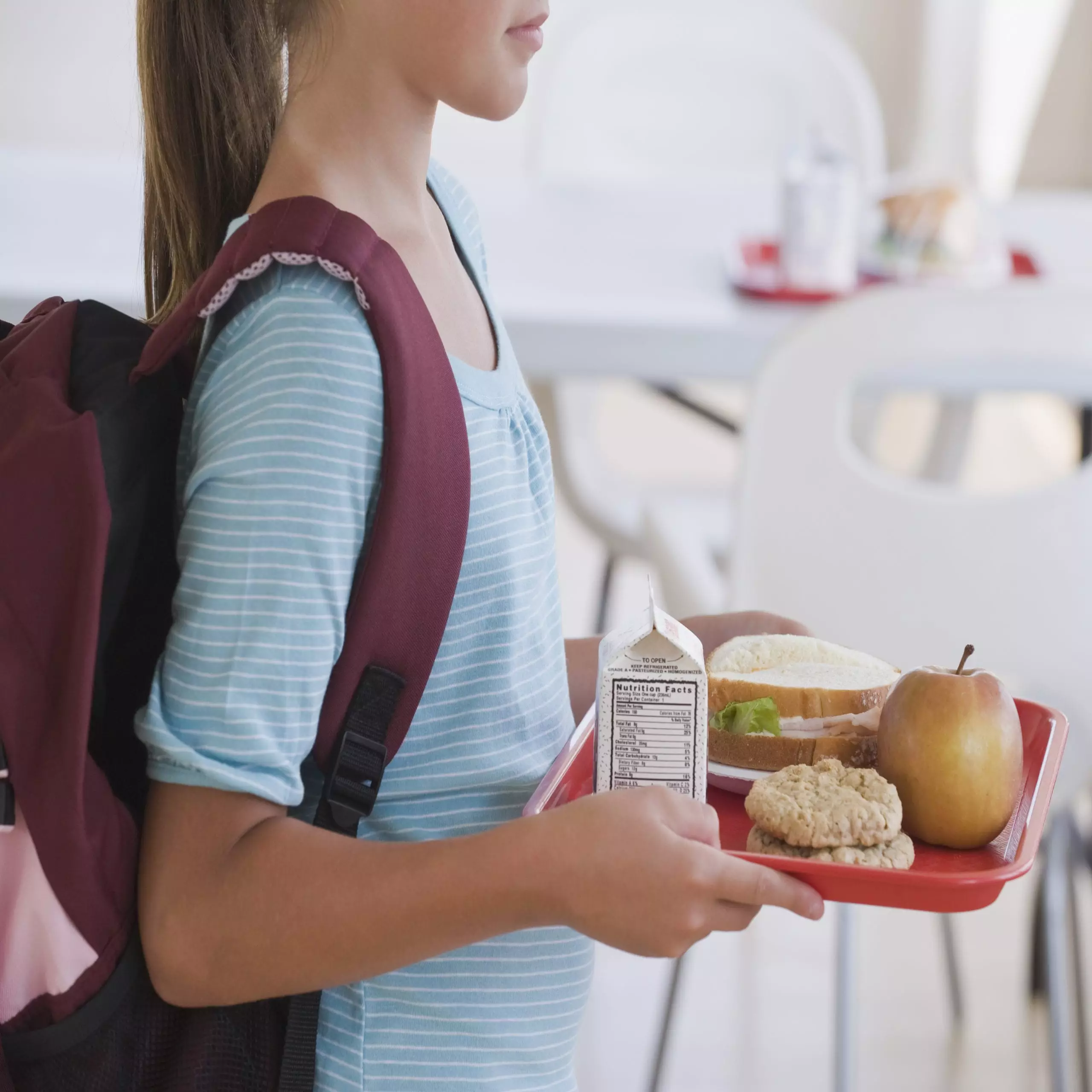Navigating the challenges of parenting can be difficult, especially when it comes to making choices that affect our children’s health. As a pediatrician and mother of three, I felt the weight of this responsibility deeply when I began introducing solid foods to my twins. Initially, my choice of plastic bowls and spoons seemed harmless enough, but it didn’t take long before my mother raised her concerns about the potential harm posed by plastics. Her worry struck a chord with me, reigniting childhood memories of family meals served in stainless steel. Thus began my journey toward advocating for a healthier, safer dining experience for children everywhere.
Contemporary research increasingly highlights the health risks associated with plastic use. The American Academy of Pediatrics (AAP) has raised alarms over plastic’s dubious effects on hormones and child development, asserting that many conditions may stem from everyday contact with plastic materials. With over 10,000 chemicals approved by the Food and Drug Administration (FDA) dating back to the 1950s, a significant number have not been reevaluated for safety amid modern scientific findings. This situation poses particular risks for children, whose developing bodies are more susceptible to harmful substances.
More than three-quarters of children’s feeding products in the marketplace are created from plastic. Simultaneously, educational institutions continue to serve meals using disposable plastic trays and utensils, amplifying the perils. A staggering figure indicates that around 34 million children participate in the national lunch program, exposing them daily to potential harm from these materials. It is a paradox that while schools strive to protect children through educational policies, they often overlook the fundamental choices embedded in their dining experiences.
Recognizing this glaring discrepancy between health guidelines and practical applications in schools, I established Ahimsa, a brand devoted to creating sustainable stainless steel dishware for kids. My approach embraces the traditional Indian values I grew up with while intertwining modern pediatric health knowledge. The core mission of Ahimsa transcends simple product sales; it embodies a significant shift towards institutional reform and environmental sustainability.
Follow-up research and collaborations with scientists, legislators, and environmental advocates have validated my commitment to create a new standard in kids’ products. We need to acknowledge the connections between children’s health and systemic practices that prioritize short-term convenience over long-term well-being. Much like the chemical exposure present in plastics, the need for action reverberates beyond individual households and spills into national policies.
The nutritional environment children experience during school hours deserves immediate attention. Disposable plastics in cafeteria settings not only contribute to harmful chemical exposure but also lead to a rising tide of environmental waste. Current FDA regulations fail to reflect the latest medical insights, leaving many schools unprepared to provide children with healthy meal experiences. The consequences of this oversight extend to long-term ramifications for both children’s health and the planet’s future.
My personal concern for children aligns with growing evidence from international health organizations, such as the World Health Organization and the Pediatric Environmental Health experts, emphasizing a shift toward materials like glass and stainless steel. These crucial dietary changes are more than mere suggestions; they are imperative for the holistic growth and development of children.
Embracing this mission doesn’t require a monumental shift; instead, it begins with small actions that individuals and communities can take. Family members can advocate for safer options, such as reaching out to schools about the necessity of switching to stainless steel dishware. I developed a template email for parents aiming to promote safer dining practices in schools, enabling a grassroots movement for change.
Also engaging with legislation, such as the Break Free From Plastic Pollution Act of 2021, is a critical step in fostering policy reform at national levels. It aims to reduce single-use plastics while emphasizing the need for more sustainable practices in everyday life. By supporting these initiatives, we can collectively work towards reducing plastic exposure for children while championing the fight against environmental degradation.
As we stand at a crossroads in our relationship with plastic, we must challenge ourselves to be proactive custodians of our children’s health and the environment. The choices we make today will echo through future generations. Ahimsa is far more than a brand; it’s an emblem of our commitment to a healthier planet and a healthier future for our children. By taking meaningful, deliberate actions, together we can initiate a necessary shift that not only benefits our immediate communities but also paves the way for global change. Each small effort holds the potential to create significant impacts—let’s ensure we seize this opportunity.

